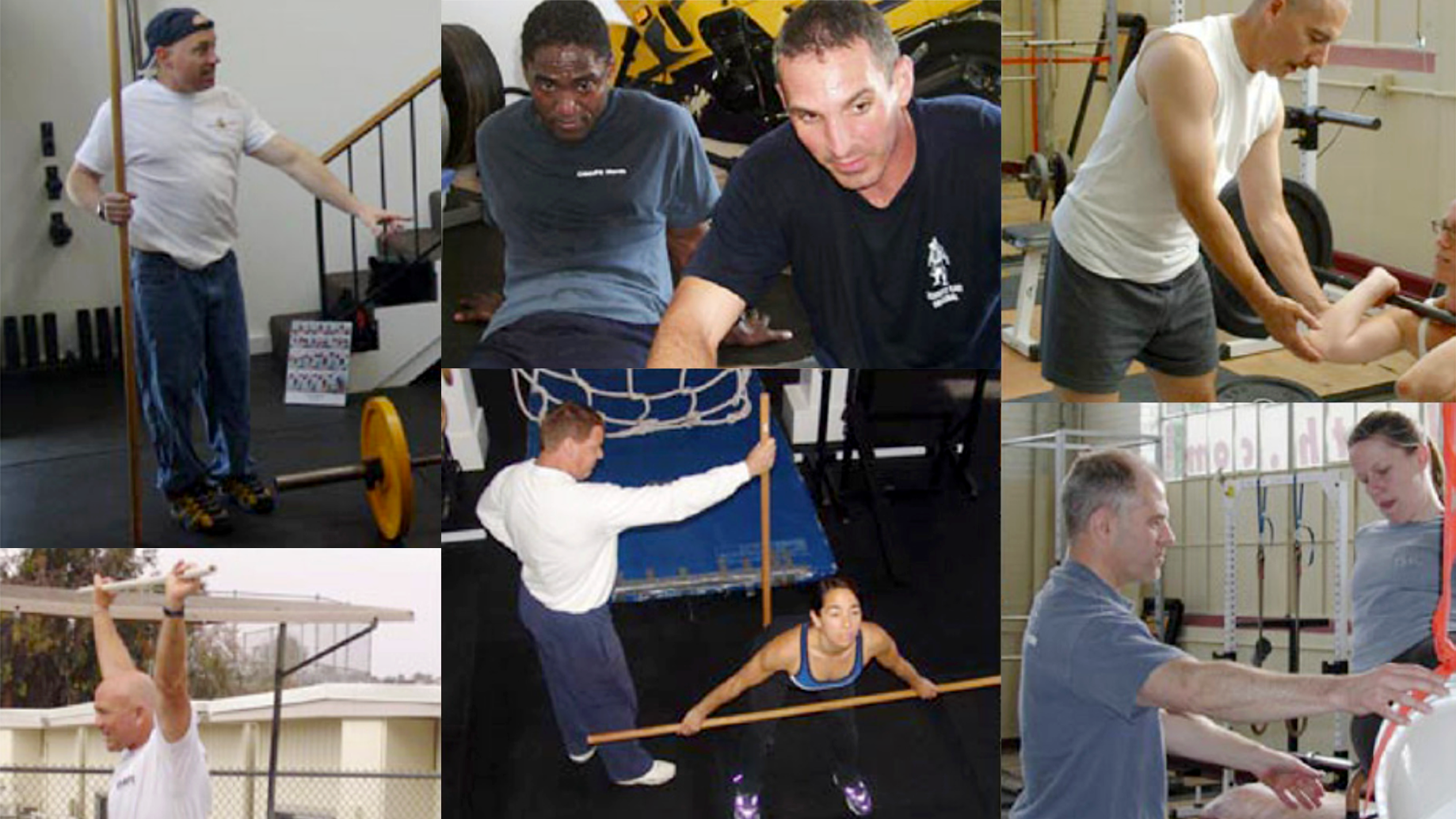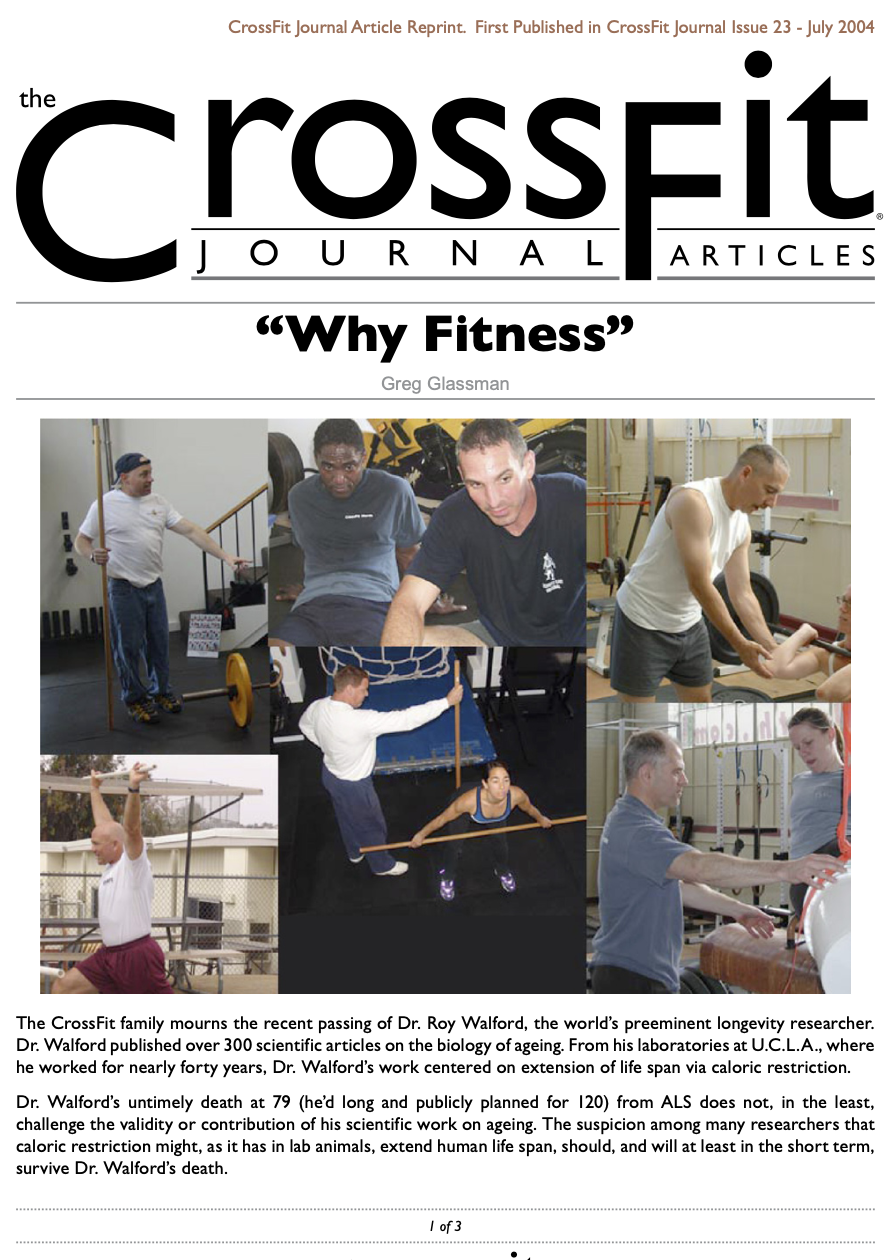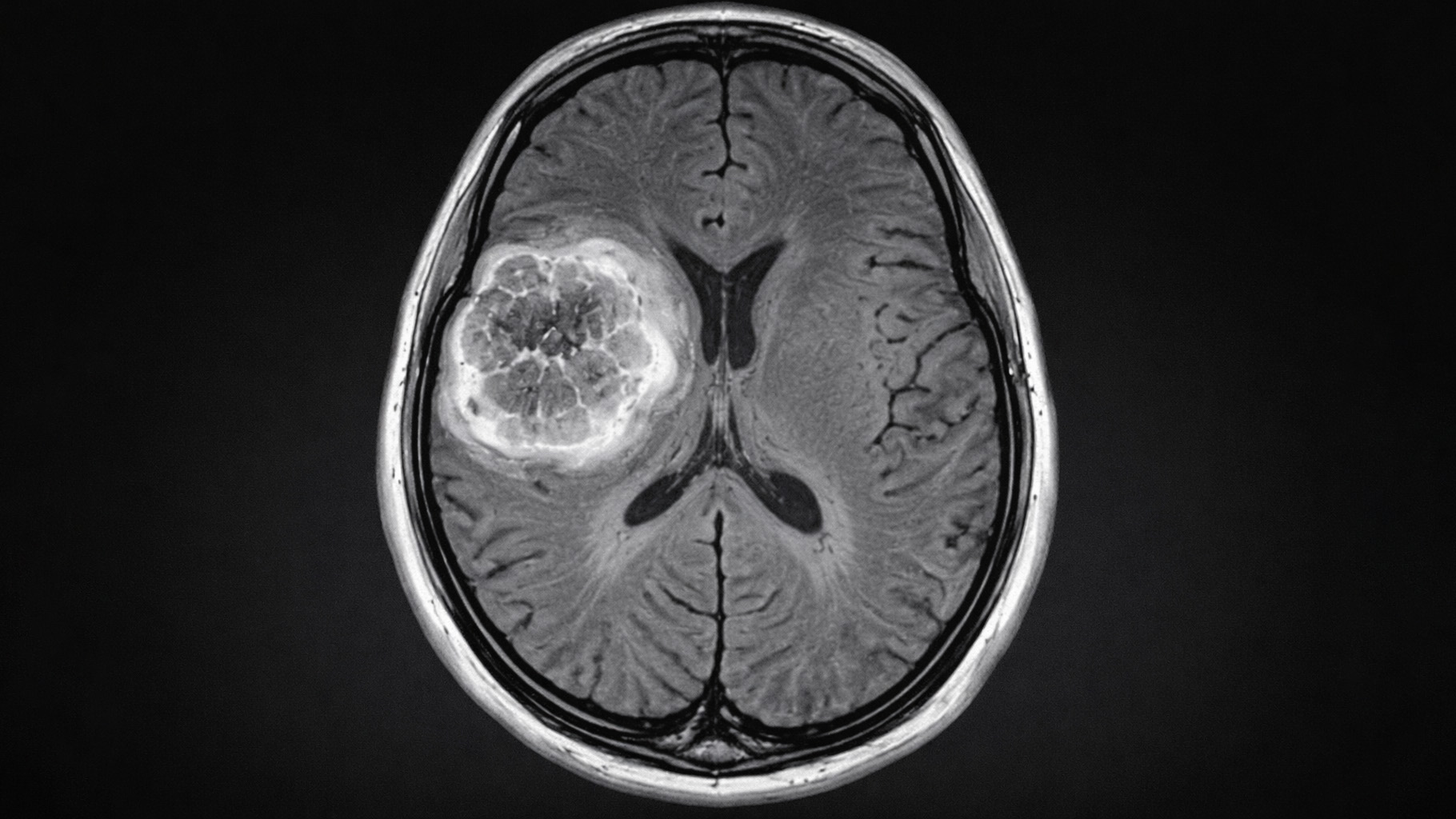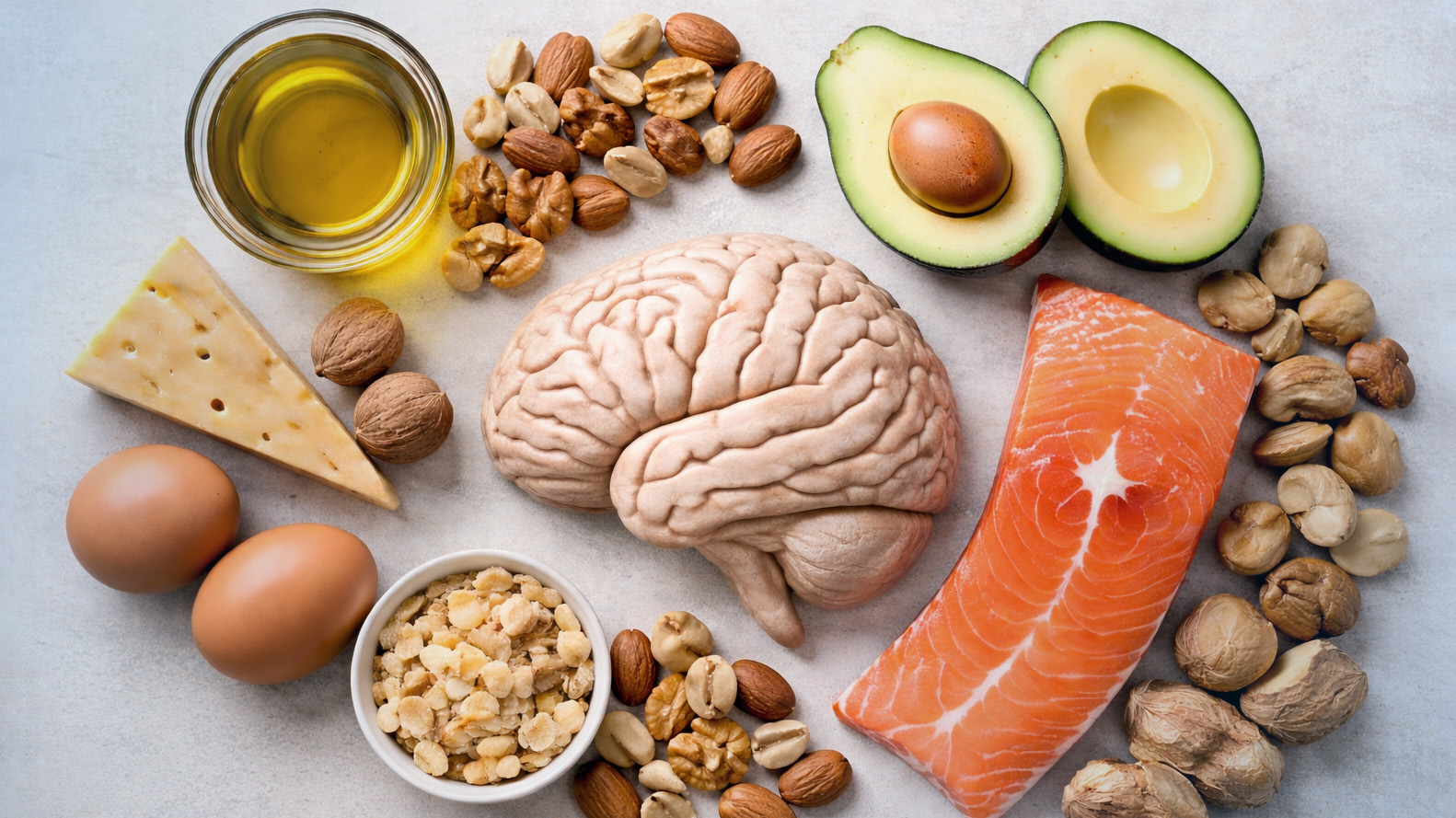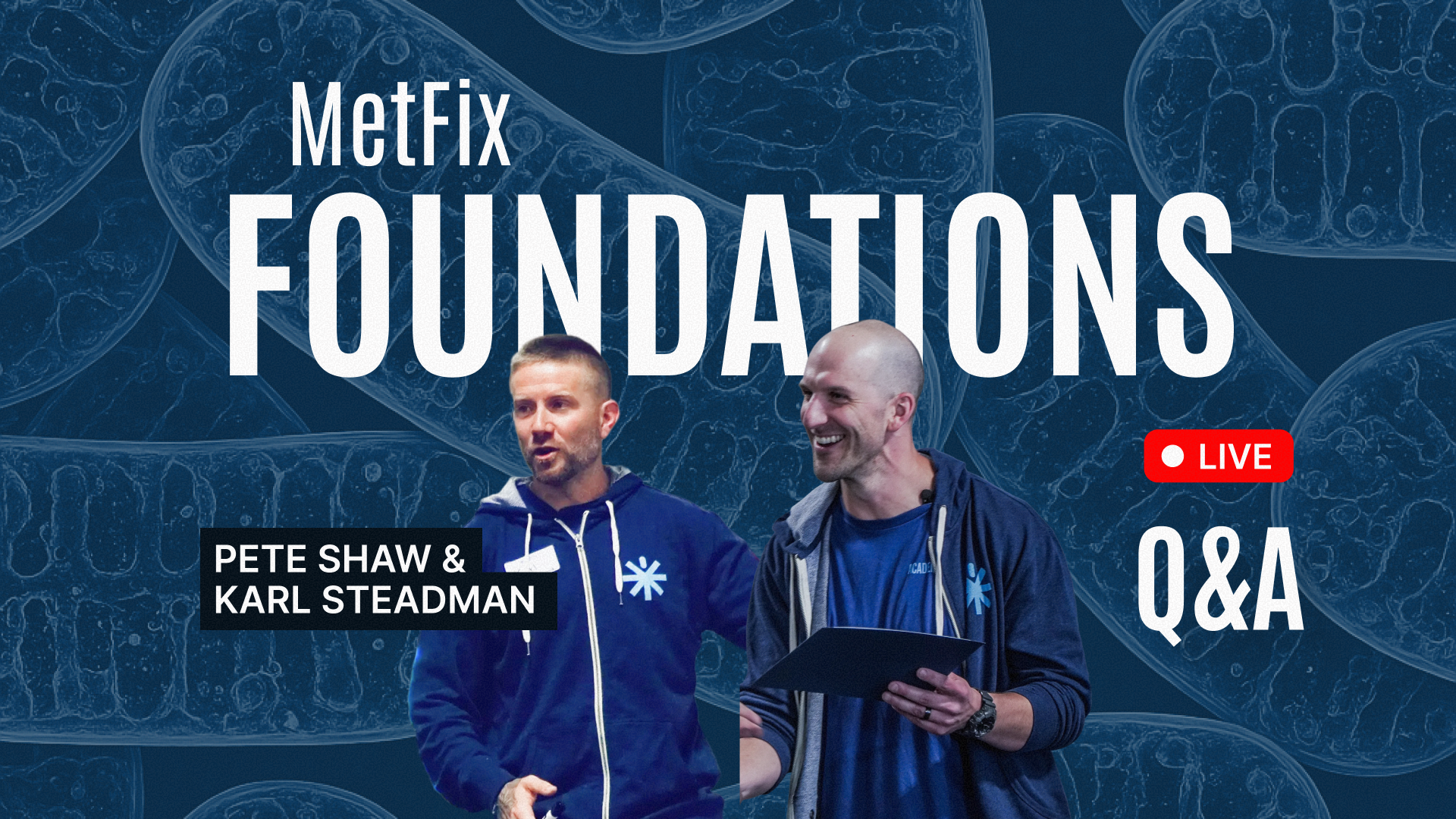The CrossFit family mourns the recent passing of Dr. Roy Walford, the world’s preeminent longevity researcher. Dr. Walford published over 300 scientific articles on the biology of aging. From his laboratories at U.C.L.A., where he worked for nearly forty years, Dr. Walford’s work centered on extension of lifespan via caloric restriction.
Dr. Walford’s untimely death at 79 (he’d long and publicly planned for 120) from ALS does not, in the least, challenge the validity or contribution of his scientific work on aging. The suspicion among many researchers that caloric restriction might, as it has in lab animals, extend human lifespan, should, and will at least in the short term, survive Dr. Walford’s death.
Sadly, we expect Dr. Walford’s shortfall to marshal, somewhere, a case for gluttony. We will honor the Dr.’s life and work by helping keep perspective. We do the same for the late Dr. Atkins when we remind some of his detractors that terminal brain injury from accidental head trauma could not have been realistically prevented by his or any other diet.
The culture we endeavor to nurture within the CrossFit community is focused on practice and results above theory and theory above personality. For us too much of fitness, nutrition, medicine, and health is marketed, associated, promoted, understood, debated, and even recognized in connection to a personality first, a theory second, and clinical practice or efficacy only third.
For us too much of fitness, nutrition, medicine, and health is marketed, associated, promoted, understood, debated, and even recognized in connection to a personality first, a theory second, and clinical practice or efficacy only third.
By shifting the focus from Dr. Walford’s personal demise to the body of his scientific work we hit upon another question of considerable interest, “How important is longevity to fitness and CrossFit?” which in turn provoked an even more important question, even if so only because we’re ready to answer it, “Why be fit?” Or “Why fitness?”
A wise old gym owner used to tell the story that when people are asked publicly “Why do you want to be fit?” the overwhelming response is to live long and healthy, but when asked anonymously the dominant answer will be to attract the opposite sex.
The “why?” of fitness is complex and individualized but we’ve the duty and honor of offering our perspective as engineers and advocates of a fitness system that quite clearly recognizes both longevity and health as highly desirable.
Luckily, for most of us, the “look better naked” vs. “live longer” debate is confidently resolved by adopting lifestyles that we smugly believe optimize the two simultaneously. But, what if that weren’t possible?
How much quality does fitness add to life independent of hopes and guarantees of health and longevity? Examining this question builds a framework from which the broader question “Why fitness?” might be answered.
As a tease or enticement to examine non-health and longevity aspect to fitness, we share that it is the reasoned assessment of some longevity experts that collectively the research data on diet, exercise, and longevity support the view that caloric restriction and exercise may not be as beneficial to longevity as caloric restriction and being sedentary. Were this true, what would you do?
Again, to answer, we need first to examine the non-health and longevity aspects to fitness before we even begin to consider what may or may not be an equitable or even possible balance or trade-off between quality and quantity of life.
…we need first to examine the non-health and longevity aspects to fitness before we even begin to consider what may or may not be an equitable or even possible balance or trade-off between quality and quantity of life.
For CrossFitters, fitness is part of a distinctly human enterprise – conscious and deliberate self-actualization. Being, very deliberately, all we can be. Our various capacities certainly include many that are physical. In some circles, affecting complete disdain for physical activity and achievement, artfully suggests intellectual focus, and hopefully, superiority. For us, evidence, experience, and logic favor models that recognize a vast and often irreducible interaction of mental and physical domains. We believe that exercising is smart and makes us smarter.
Recent analysis of the profound difference in genetic expression between exercising and sedentary people and the resulting disorder in multiple body systems of the sedentary suggest to us that normal brain function in sedentary individuals may eventually be shown by disadvantage of gene expression to be impossible.
Anyone who exercises regularly can quickly speak to its impact on mood and mental function. Someday, science will show that exercise doesn’t exactly produce unnaturally ebullient or buoyant mental states as much as being sedentary induces unnaturally depressive brain chemistry environments.
There’s another non-health advantage to becoming fit that doesn’t require blurring conventional or colloquial distinctions between mind and body but, rather, acknowledges the distinction and uses physical experience and successes to draw effective strategies for success in non-physical domains.
At CrossFit we call this the “transference effect”. What we know is that the gym is a testing ground for improving and developing the will. Physical achievement, fitness, requires repeatedly converting thought to action or giving expression to your will. The costs to physical achievement are real, painfully tangible, measurable, and fleeting while the rewards are equally real and measurable but sweet, not painful and long lasting rather than fleeting.
Fitness training can be an ideal place to learn strategies for success. Return on our efforts is more certain, tangible, and immediate in the physical domain than, say, the emotional, spiritual, or financial, but the lessons aren’t fundamentally different; they just come easier.
CrossFitters see physical education as a primary vehicle for teaching virtues essential for achievement. For us, the world of physical challenge and achievement have become metaphors for harvesting life’s riches and battling its plagues. As metaphors our efforts enlighten, instruct, encourage, and explain much of what is everywhere and dear to us. Fitness, ultimately, exercises and develops the will. Shakespeare said, “Our bodies are our gardens, to which our wills are gardeners.”
One CrossFitter famous for his intimacy with and successful management of physical danger observed that our intense workouts develop courage. Does the panic of crushing output acquaint us with fear so that we, in part through training, deflate the true cost – fear, of courage?
Similarly, lessons and expressions of self-discipline, responsibility, friendship, work, perseverance, and faith come easily and regularly in the best training environments.
The impact on character of athletic training has even caught the attention of academics. Numerous studies have demonstrated that athletes compared to nonathletes:
- Are more extroverted and open in their outward communications
- Have a stronger achievement need
- Have a stronger stimulation need
- Are more aggressive
- Are more psychologically stable
- Have better emotional self-control and are emotionally more stable
- Are less anxious
- Are more confident
- Show a higher degree of dominance
- Show a higher degree of responsibility
While scientists study and debate whether these traits develop athleticism or if physical training builds these traits, coaches from a hundred athletic disciplines regularly, and in the course of their daily work, hone these capacities to a razor’s edge in tens of thousands of athletes.
Physical movement, overcoming obstacles, and exercising the will is required of life and is the very essence of being human. We believe that purpose is not bestowed upon us but created by the very act of turning thoughts and dreams into physical events in a continuous chain of efforts. The value and the cost of achievement are paradoxically contained within the struggle and nobility of the endeavor, and it is noble struggle that leads to purpose.
Even beyond this, for CrossFitters, highly developed human performance is art and personal participation in these arts, at all skill levels, is a transcendent experience. Athletes, for us, are like musicians, painters, and poets.
A physical culture that inspires, guides, and enriches every aspect of our being may add years to our lives but certainly adds life to our years.
A physical culture that inspires, guides, and enriches every aspect of our being may add years to our lives but certainly adds life to our years.
Longevity independent of achievement, capacity, independence, productivity, and self-sufficiency potentially becomes grotesque. One discomforting scenario for the future is that life expectancy will rise to 150 with the last 75 years being spent in a nursing home.
Discussion about trading quality for quantity of life is largely hypothetical because current knowledge about fitness and longevity offers no such trade. It is our hope and belief that longevity will optimize under conditions where functional capacity does as well.
For CrossFitters the answer to “Why fitness?” is because fitness is transcendent of all but virtue, which it nourishes, and longevity and even health are but aspects of fitness.
This article, by BSI’s co-founder, was originally published in The CrossFit Journal. While Greg Glassman no longer owns CrossFit Inc., his writings and ideas revolutionized the world of fitness, and are reproduced here.
Coach Glassman named his training methodology ‘CrossFit,’ which became a trademarked term owned by CrossFit Inc. In order to preserve his writings in their original form, references to ‘CrossFit’ remain in this article.
Download a pdf of the original article HERE.
Greg Glassman founded CrossFit, a fitness revolution. Under Glassman’s leadership there were around 4 million CrossFitters, 300,000 CrossFit coaches and 15,000 physical locations, known as affiliates, where his prescribed methodology: constantly varied functional movements executed at high intensity, were practiced daily. CrossFit became known as the solution to the world’s greatest problem, chronic illness.
In 2002, he became the first person in exercise physiology to apply a scientific definition to the word fitness. As the son of an aerospace engineer, Glassman learned the principles of science at a young age. Through observations, experimentation, testing, and retesting, Glassman created a program that brought unprecedented results to his clients. He shared his methodology with the world through The CrossFit Journal and in-person seminars. Harvard Business School proclaimed that CrossFit was the world’s fastest growing business.
The business, which challenged conventional business models and financially upset the health and wellness industry, brought plenty of negative attention to Glassman and CrossFit. The company’s low carbohydrate nutrition prescription threatened the sugar industry and led to a series of lawsuits after a peer-reviewed journal falsified data claiming Glassman’s methodology caused injuries. A federal judge called it the biggest case of scientific misconduct and fraud she’d seen in all her years on the bench. After this experience Glassman developed a deep interest in the corruption of modern science for private interests. He launched CrossFit Health which mobilized 20,000 doctors who knew from their experiences with CrossFit that Glassman’s methodology prevented and cured chronic diseases. Glassman networked the doctors, exposed them to researchers in a variety of fields and encouraged them to work together and further support efforts to expose the problems in medicine and work together on preventative measures.
In 2020, Greg sold CrossFit and focused his attention on the broader issues in modern science. He’d learned from his experience in fitness that areas of study without definitions, without ways of measuring and replicating results are ripe for corruption and manipulation.
The Broken Science Initiative, aims to expose and equip anyone interested with the tools to protect themself from the ills of modern medicine and broken science at-large.
Support the Broken Science Initiative.
Subscribe today →
recent posts
And more evidence that victory isn’t defined by survival or quality of life
The brain is built on fat—so why are we afraid to eat it?
Q&A session with MetFix Head of Education Pete Shaw and Academy staff Karl Steadman
